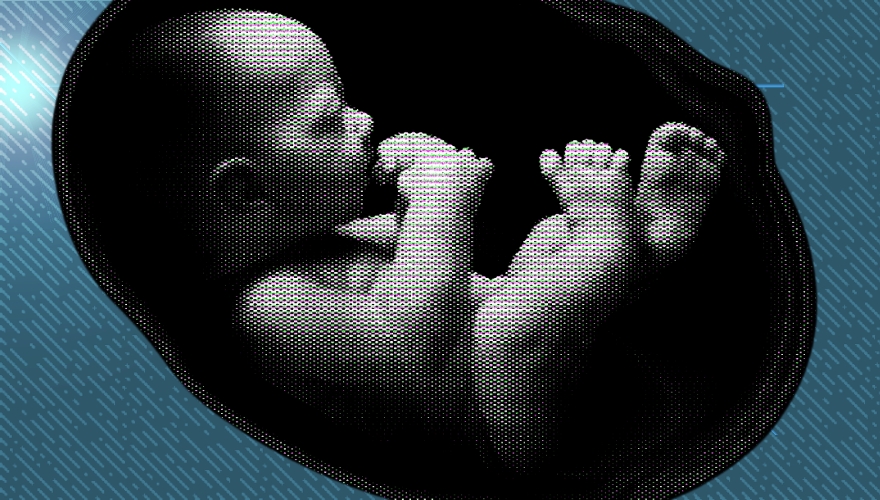The Southern Baptists have voted to oppose In Vitro Fertilization, the fertility treatment that has sparked a national conversation about the ethical implications of conception.
Representatives of the denomination attending the church’s annual convention voted in favor of a resolution calling on members to “advocate for the government to restrain actions inconsistent with the dignity and value of every human being,” including “frozen embryonic human beings.”
The delegates, known as messengers, resolved “to reaffirm the unconditional value and right to life of every human being, including those in an embryonic stage, and to only utilize reproductive technologies consistent with that affirmation especially in the number of embryos generated in the IVF process.”
“We encourage Southern Baptists to continue to promote adoption as one way God may call upon couples to grow their families and to consider adopting frozen embryos in order to rescue those who are eventually to be destroyed,” the resolution stated.
The messengers said they “grieve alongside couples who have been diagnosed with infertility” or who are struggling to conceive but “encourage them to consider the ethical implications of assisted reproductive technologies as they look to God for hope, grace, and wisdom amid suffering.”
“We commend couples who at great cost have earnestly sought to only utilize infertility treatments and reproductive technologies in ways consistent with the dignity of the human embryo as well as those who have adopted frozen embryos,” the Southern Baptists added.
In February, the Alabama Supreme Court ruled that embryos that are created and frozen during IVF are the legal equivalent of children. The court found frozen embryos were included under the state’s Wrongful Death of a Minor Act.
“The parties to these cases have raised many difficult questions, including ones about the ethical status of extrauterine children, the application of the 14th Amendment to the United States Constitution to such children, and the public-policy implications of treating extrauterine children as human beings,” wrote Justice Jay Mitchell on behalf of the 8-1 majority.
The court’s ruling was followed by grave warnings from pro-abortion activists who said the decision posed a threat to women and their health.
Health Policy and Management professor Joanne Rosen told Johns Hopkins University’s podcast Public Health on Call in March that there are more than 1.5 million frozen embryos in the United States.
“It is clearly extraordinary in its determination that in vitro, 8-cell, microscopic embryos are considered people,” said Rosen. “But beyond that, the concurring decision of the Chief Justice and of the main justice are really redolent of a theological kind of discussion. As I was reading these opinions, what really struck me is that the rhetoric sounds more like Scripture than it does the language of the law.”
Alabama Governor Kay Ivey signed into law new regulations safeguarding IVF in the weeks following the state supreme court’s ruling.
“IVF is a complex issue, no doubt, and I anticipate there will be more work to come,” she said in a statement.
The day after the South Baptist Convention’s vote, Republicans in the United States Senate voted against the Right To IVF Act sponsored by their Democratic colleagues, Senators Patty Murray of Washington, Tammy Duckworth of Illinois, and Cory Booker of New Jersey.
“At the heart of the tension is a belief among many social conservatives that life begins at conception,” reports NBC News. “If written into law, that could mean that embryos discarded as part of the IVF process — a common occurrence — are treated as murder or manslaughter.”

